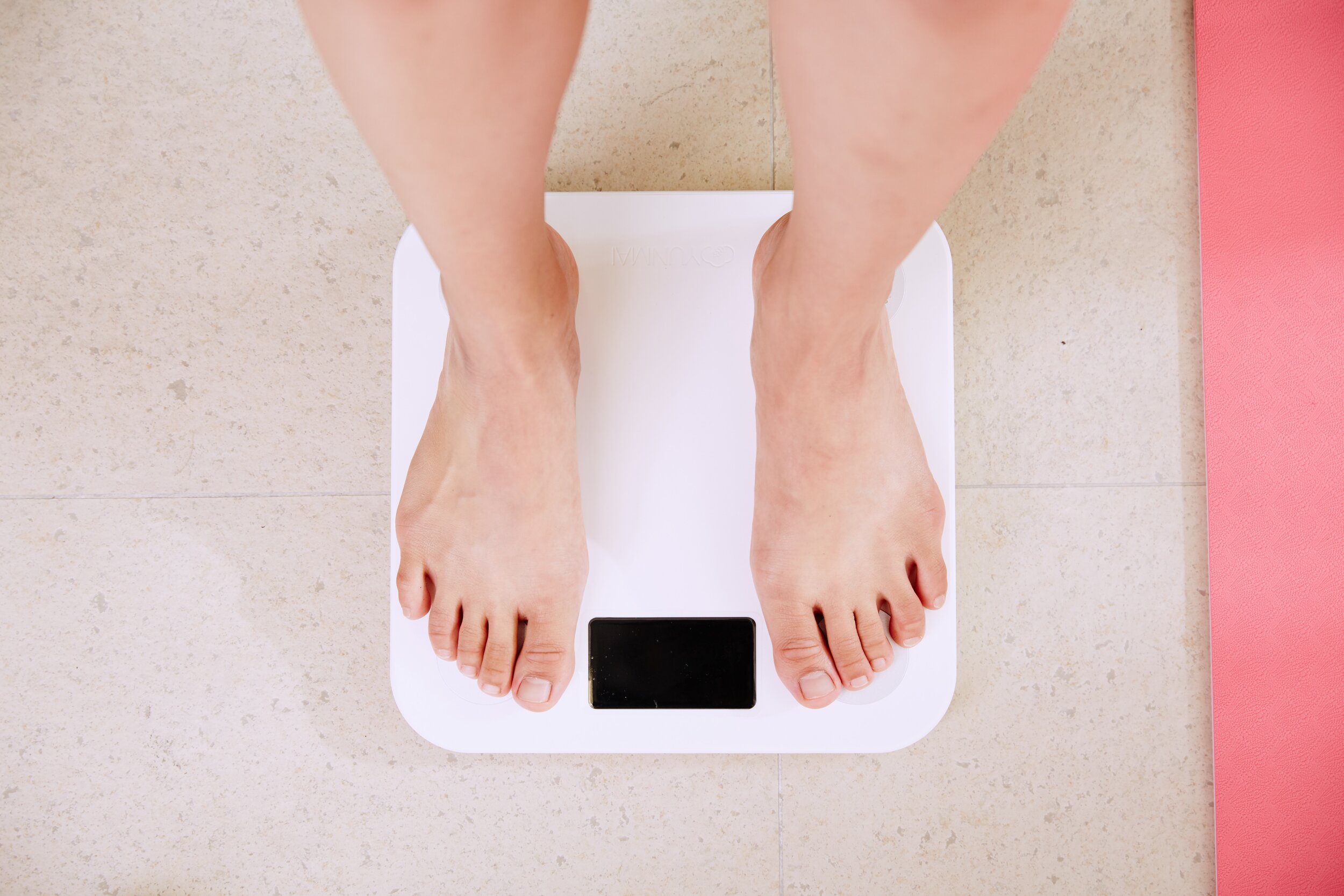Society makes it difficult to love our bodies without a lot of time and effort to get to that feeling. There are a lot of challenges we face before feeling compassion, acceptance and love for our bodies.
Videos, photos, blogs, articles and other forms of media send us messages about how we should look. These messages are so commonplace today that they seem normal and we often don’t realize that the messages we are receiving and in turn telling ourselves is that our bodies aren’t good enough as is.
Societal body-shaming is so ingrained in our world that it can feel like the truth and norm. However, we know it is not. You do not have to change yourself to show yourself off in whatever manner you’d like.
Additionally, family history may present another barrier impacting beliefs about our bodies. The beliefs are family holds can be passed down to us. Being told to change one’s appearance because one was too fat or thin in childhood or receiving covert messages through parents dieting and exercising, have long-lasting impacts in adulthood. Additionally, those teased or bullied as children due to appearance can lead to not feeling accepted nor feeling safe. In childhood, beliefs develop that can make us feel our bodies are not good enough and therefore are not deserving of the same love from others.
These messages can make it seem like the answer is to change your body: be thinner, stronger, more muscular and this will solve the problem. However, often times these results are unattainable and even when they are, we recognize this doesn’t solve the problem or reduce the pain. Acceptance and love for your body doesn’t happen through achieving perfection. While you can still work toward health goals, doing so with love, support and compassion allows you to get there and be happier throughout the process.
Here are a few tips in moving away from shameful thoughts about your body to happy and healthy ones:
Choose your social media messages: Focus on messages promoting body positivity and self-love. Choose feeds on Instagram and Twitter that focus on positive messages of love and acceptance and remove feeds promoting negative overt and covert forms of shame that can be found online. While you may be interested in feeds promoting weight loss, fitness, weight gain, or others, focus on messages promoting body acceptance as a form of validation.
Believe you can love your body as is: Be open to help. Push out the negative voices that say you can’t do things, as it can make a goal feel out of reach. It’s difficult to make changes when we tell ourselves something won’t work before we’ve tried it. When you are open to help, you allow yourself to be helped. When you recognize that you may be feeling stuck in negative thoughts, validate these experiences and encourage yourself to test out strategies toward positive feelings and support. Believing in yourself is crucial in making positive changes.
Come out from hiding: Those that experience body shame may want to hide themselves through wearing baggy clothes, sitting in the back of a room, or staying silent when having things to say. Take small steps to open up, even if it is sitting more toward the front of a room, greeting someone when you might say nothing at all, the small steps will allow you to move further out of your comfort zone as you recognize how you feel through each new experience.
Consider you have wrong: It’s easy to align with beliefs you already have about yourself, especially when these beliefs may be years in the making. It’s easy to convince ourselves of the negative beliefs we hold. Our brains take in information that fits our current beliefs making it hard to take in data that might prove those beliefs wrong. If you believe your body is not good enough, any information contrary to this will bounce off of you, rather than taking in information that in fact, you are good enough. Unless you intentionally open up to the idea that you have been wrong about these negative body beliefs, it will be difficult to shift this way of thinking.
Get to know your inner-bully: It’s difficult to be happy and peaceful when enduring negative voices and thoughts. When you are nice to yourself you are more likely to feel better and succeed. Invite your inner-bully to surface so that you can get to know what this bully sounds and feels like. Then, when this does happen, you can choose whether to collude with the inner-bully or offer kindness and support.
Create an inner-supporter: When you become aware of critical thoughts and how these can harm yourself, you can begin to develop an inner-voice that is supportive and can step in when the inner-bully arises. Body-positive thoughts, beliefs and language are developed through practice and the reduction of negative thoughts. Repeating positive self-statements and other compassionate language can be helpful in building a loving, supportive vocabulary that can build up your inner-supporter.

